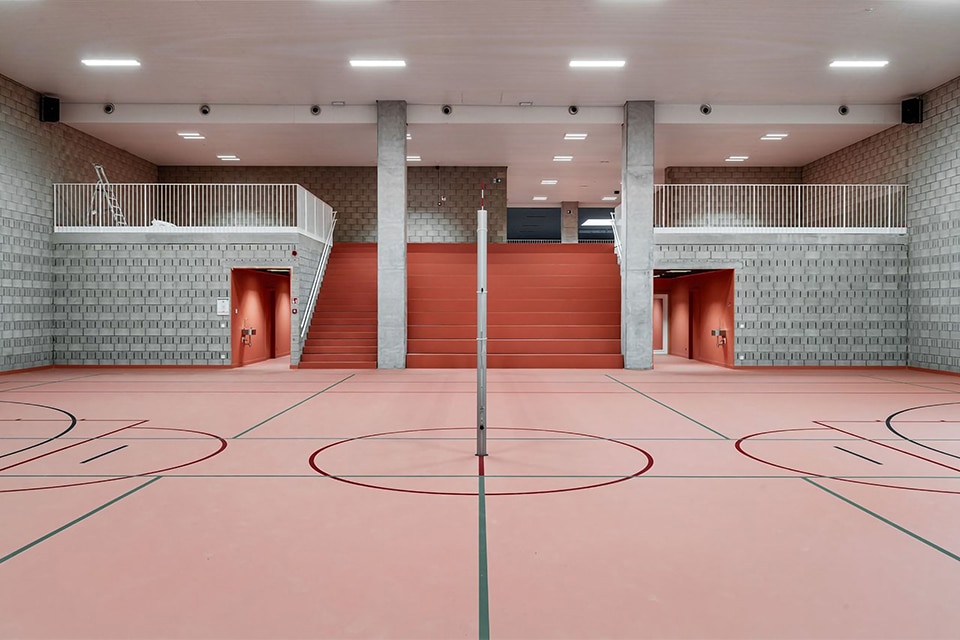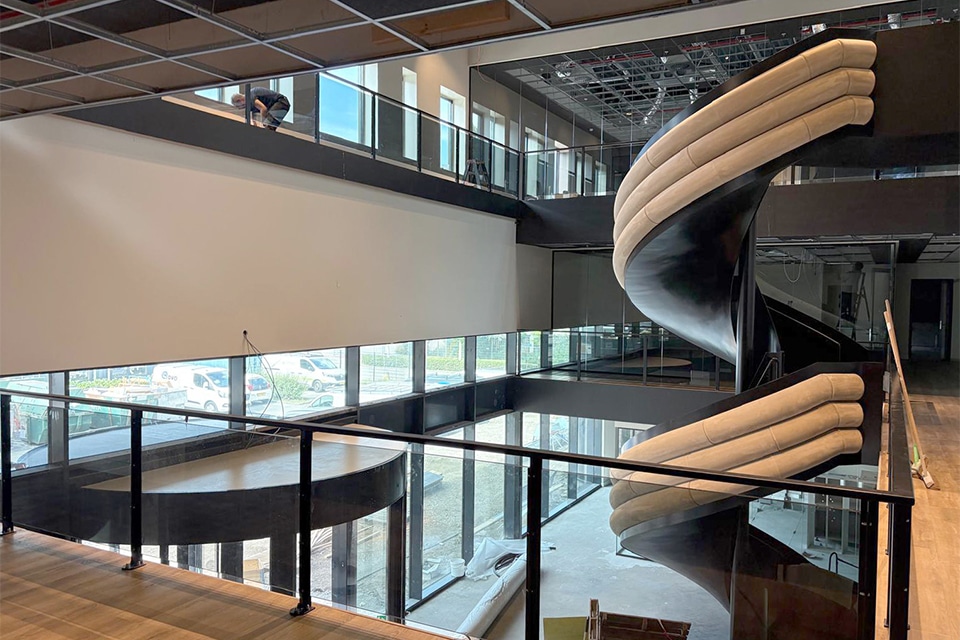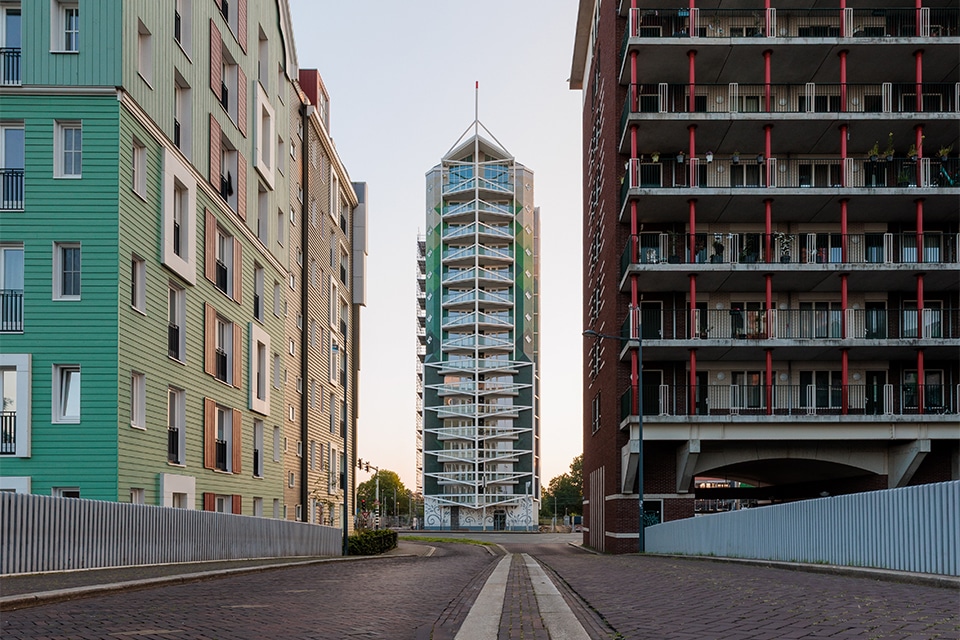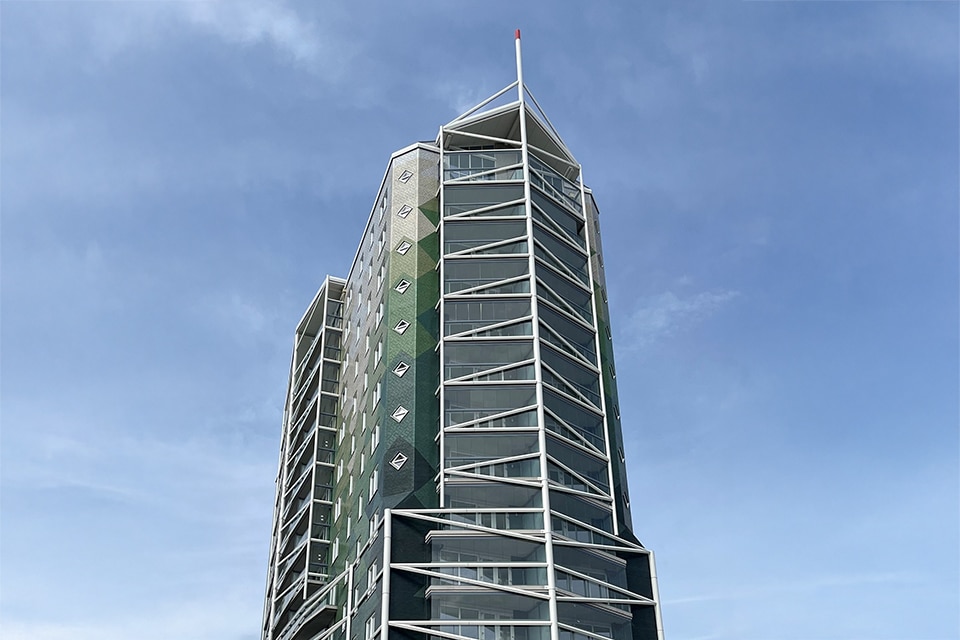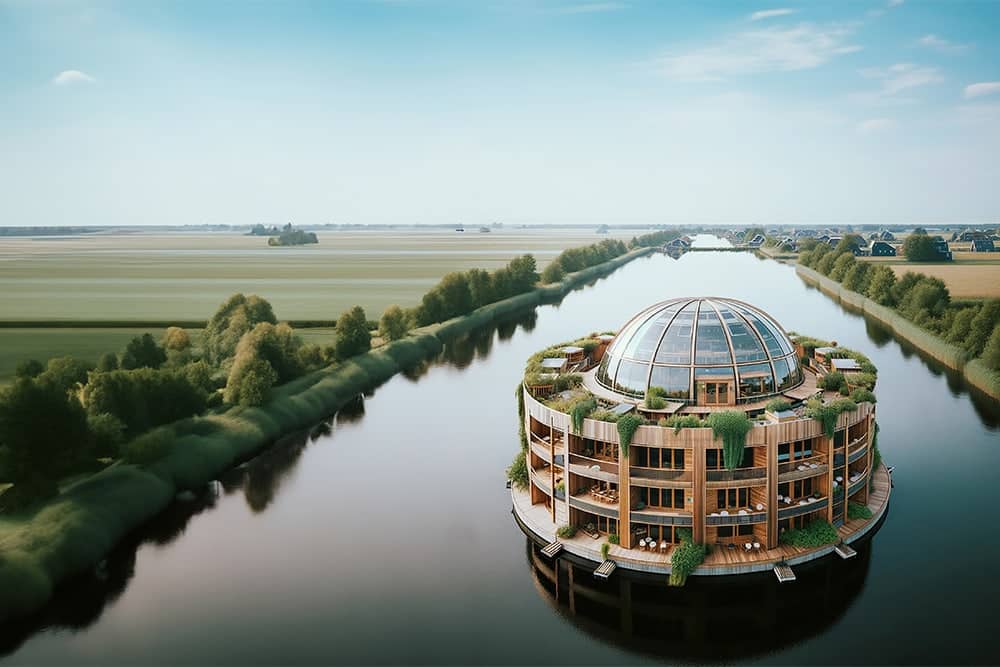
A sustainable future on the water
The Floating Power. That's the name of Breman Installation Group's new initiative to stimulate collective, scalable and affordable living on the water. The cart is being pulled by René Breman, who calls collective living on the water the key to breaking the housing shortage, increasing the sense of community and providing solutions for living in times of sea level rise.
The idea for The Floating Power originated about three years ago at the BREiNN (Breman Innovation) water table, where meetings, meetings and events are regularly organized. "Through discussions at the water table about sea level rise and its impact on our rivers and hinterland, we came to the conclusion that the Dutch river delta is under pressure," Breman said. "We keep each other in a stranglehold by building houses in places with greater risks of flooding. In fact, as a result of our climate change and rising sea levels, flood risks will only increase. Floating construction offers a solution to this."
Letting go of old habits
The main aim of BREiNN is to innovate construction, with the ultimate goal of making Dutch construction energy-positive. "To make this possible, a new way of building is needed," said Breman. "Here too, floating construction plays an important role, because it triggers stakeholders to let go of old habits. Energy has to be handled differently on the water. Moreover, piling cannot be done here and the use of concrete is undesirable, so we have to go back to the drawing board."

Scalable and affordable housing
Currently, our country has about 10,000 houseboats. "Living on the water is now mainly reserved for people with higher incomes, who live in houseboats and floating villas," Breman knows. This is something he would like to change. "After all, our waters offer an excellent opportunity for scalable and affordable housing for starters and the elderly, cleverly combining housing, nature and water storage. Here, The Floating Power does not focus on single homes, but on floating apartment complexes that enable collective living on the water and combine sustainability, community spirit and innovation. The homes will be remountable in design and prefabricated using as many bio-based materials as possible."
Rethinking
To make the above ambition possible, however, we need to think around and give floating homes a clear place in our regulations, Breman emphasizes. "After all, current legislation does not provide for collective living on the water, while there are great opportunities here." To address the national housing shortage, a total of 981,000 new homes are needed until 2030, he knows. "But where do you build these homes, in a delta where space is scarce? The answer is simple: on the water. Our first goal now is to show that it can be done. That is why we are busy realizing a first example project. Readers who know the right place for this are cordially invited to get in touch."
Heeft u vragen over dit artikel, project of product?
Neem dan rechtstreeks contact op met Breman Installation Group.
 Contact opnemen
Contact opnemen
